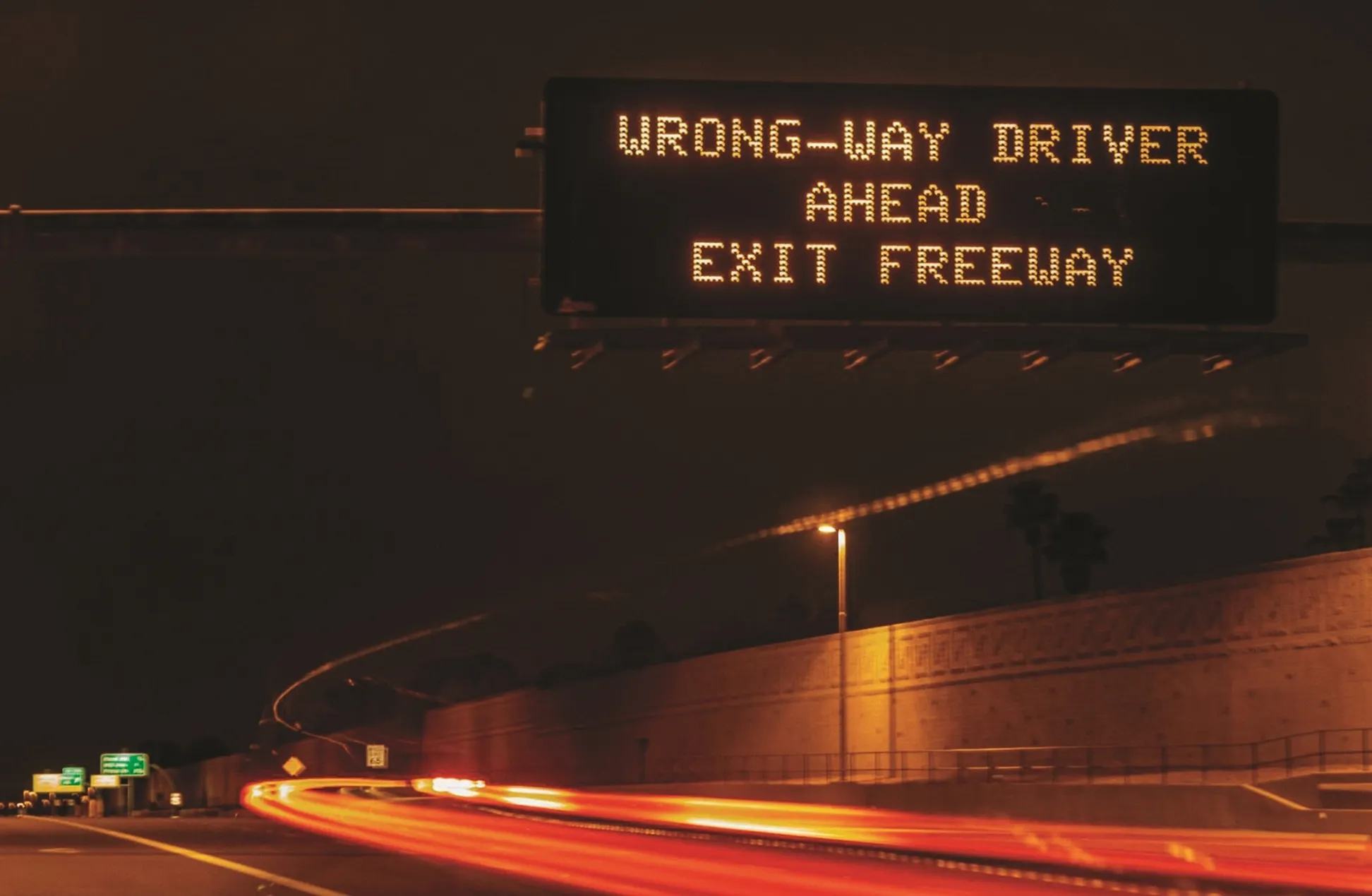Vaxtor Corporation’s (Vaxtor) advanced LPR analytics platform can now be deployed across
The Vaxtor LPR solutions include the capture of OCR, MMR (year, make and model of vehicles), USDOT, railway, container, red light and wrong turn detection integrations. The analytics are said to recognise letters, numbers and symbols both vertically and horizontally. Ocularis is available as a professional model for organisations operating multiple locations with small to mid-sized camera counts as well as an Enterprise version for a range of mid to large IT-centric companies. In addition, the Ultimate model is aimed at large clients with extended command and control needs and recording server failover.
Onssi and Vaxtor partner on licence plate recognition integration
Vaxtor Corporation’s (Vaxtor) advanced LPR analytics platform can now be deployed across Onssi’s Ocularis VMS platform to recognise, capture and archive data on licence plates, railway vehicles, US Department of Transport (USDOT) numbers and more, as part of an integration partnership between both companies. The agreement, according to Onssi’s Ken LaMarca, VP of sales & marketing, allows the solution to deliver a range of security and operations data to meet the specific challenges of the transportation and
June 26, 2018
Read time: 2 mins









